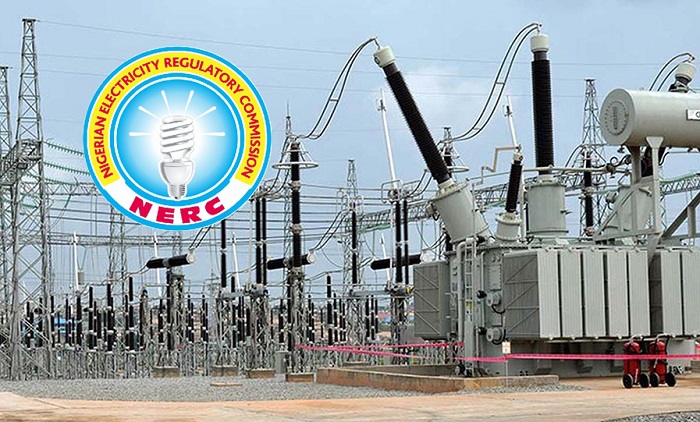Excitement reverberated through the halls of the Oke Bareke Ekiti State Government House in Ado-Ekiti as news broke of the Nigerian Electricity Regulatory Commission (NERC) granting approval to the state’s Electricity Regulatory Board (EERB) to oversee the local electricity market.
Key government figures, particularly in the Office of the Governor, were seen openly discussing the development, signalling the significance of this milestone.
While some officials preferred to remain anonymous, they expressed optimism about the prospects this decision brings. One official highlighted the potential for determining electricity tariffs, ensuring regular power supply, and optimising production within local companies and among artisans.
Another official credited Governor Biodun Oyebanji for his persistence in securing this authority, recognising the challenges the state has faced with power outages and the newfound ability to influence the operations of Distribution Companies (DisCos).
NERC’s announcement on Monday designated Ekiti State as the second in the country to gain authority over its electricity market, following in the footsteps of Enugu.
As part of the decentralisation policy in power distribution, the EERB will now have the responsibility of ratifying electricity tariffs and implementing customer protection policies.
In a statement issued by NERC Chairman, Sanusi Garba, and Commissioner Dafe Akpeneye, the Ekiti State government was directed to request the establishment of two subsidiary companies by Ibadan and Benin electricity distribution companies. These subsidiaries will be tasked with the intrastate supply and distribution of electricity in the state.
The subsidiary companies, known as IBEDC SubCo and BEDC SubCo, are required to be incorporated within 60 days of April 22, 2024. They will obtain licences for intrastate supply and distribution from the EERB.
NERC emphasised that despite the transfer of regulatory authority, it will continue to oversee inter-state and international generation, transmission, supply, trading, and system operations.
The Electricity Act 2023 empowers states to generate, transmit, and distribute power, aiming to liberalise the Nigerian Electricity Supply Industry (NESI) and alleviate pressure on the national grid.
NERC clarified that the transfer of regulatory oversight aligns with the 2023 Electricity Act and is a legal requirement to decentralize the operations of Generation and Distribution companies.
As of the latest update, the total number of states seeking oversight of their electricity markets could not be confirmed, despite efforts to reach NERC spokesman, Usman Arabi.



